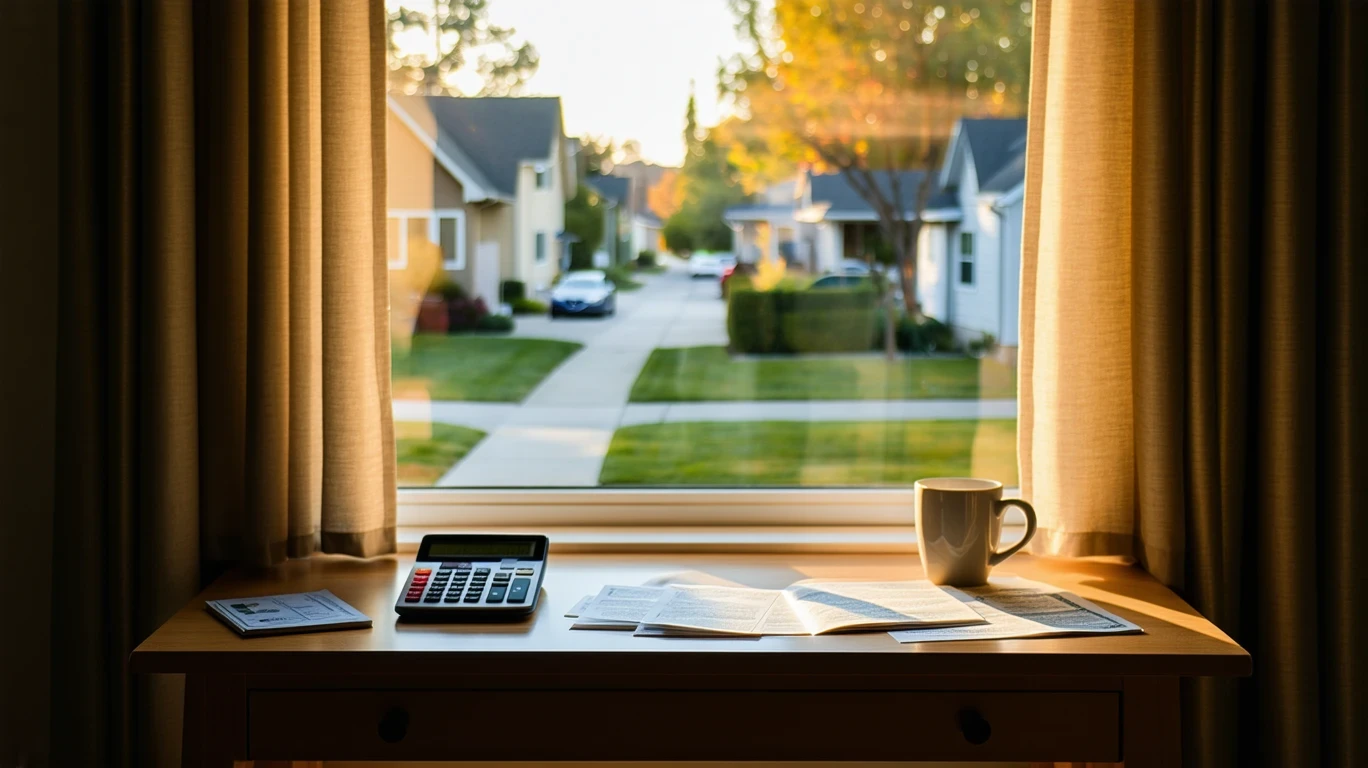
Budgeting Smarter in Norco
Creating a realistic monthly budget is essential for both new movers and current residents in Norco, CA. Understanding how expenses typically break down based on your lifestyle can help you plan more effectively. In Norco, housing and electricity often make up more than 55% of a household’s budget. Depending on your situation, your monthly budget in Norco can look very different. Here are some typical examples.
What Real Budgets Look Like in Norco
Let’s walk through a few sample monthly budgets for common household situations in Norco. All figures represent gross monthly income (pre-tax).
| Expense | Jasmine (Single Renter) | Sam & Elena (Dual-Income Renters) | The Ortiz Family (Homeowners) |
|---|---|---|---|
| Rent/Mortgage | $1,400 | $2,200 | $3,500 |
| Utilities | $150 | $250 | $400 |
| Food | $400 | $800 | $1,200 |
| Transportation | $200 | $500 | $800 |
| HOA/Fees | $0 | $200 | $400 |
| Miscellaneous | $450 | $1,050 | $1,700 |
| Savings | $400 | $2,000 | $1,500 |
| Total | $3,000 | $7,000 | $9,500 |
These estimates reflect common lifestyle costs in Norco.
As you can see, housing takes up a significant portion of each budget, ranging from 39% for the dual-income couple to 47% for the single renter. The cost of housing in Norco is a key factor in determining how much you can allocate to other expenses.
Biggest Cost Drivers
Several factors can significantly impact your monthly budget in Norco:
- Seasonal A/C or heating: In Norco, the cost of utilities can rise substantially in summer due to A/C use. Budget an extra $50-100 per month for peak summer months.
- HOA fees: If you live in a community with a Homeowners Association, monthly fees can add hundreds to your housing costs. Factor this in when choosing a rental or purchase.
- Commute costs: Norco is a car-dependent city. Budget realistically for gas, maintenance, and potential tolls if you commute to nearby cities for work.
- Rising rent: Rental rates in Norco have increased steadily in recent years. If you’re a tenant, anticipate an annual rent hike of 3-5% and budget accordingly.
Tips to Stretch Your Budget Further
Looking for ways to save? Take advantage of these local opportunities:
- Shop at discount grocery stores like Aldi or Grocery Outlet to reduce your monthly grocery bill.
- Sign up for Southern California Edison’s off-peak billing plans to save on summer A/C costs.
- Install heat-blocking window films or exterior shade screens to minimize cooling needs.
- Use Norco’s public transit system when possible to save on gas and car expenses.
🏆 Pro Tip: Check for utility rebates and incentives in Norco to offset energy costs during the hot summer months.
FAQs About Monthly Budgets in Norco
Can you live in Norco on $3,000/month?
Yes, but it will be tight. Expect to spend at least $1,400 on rent for a studio or 1BR apartment, leaving $1,600 for all other expenses. Stick to a lean budget and consider living with roommates to reduce housing costs.
What’s a realistic rent budget for Norco?
Aim to spend no more than 30% of your gross income on rent. For example, if you earn $5,000 per month, target a rental rate of $1,500 or less. In neighborhoods like Downtown Norco, rent might exceed $2,000/month for a 1BR apartment.
What’s a good budget for $4,000/month in Norco?
Based on the 30% rule for housing, allocate $1,200 for rent. From the remaining $2,800, budget $300 for utilities, $500 for groceries, $400 for transportation, $200 for insurance/medical, $500 for discretionary spending, and aim to save at least $500 per month.
Planning Your Next Step
Use the sample budgets above as a starting point to assess your own monthly expenses. Remember, your individual circumstances will dictate your actual cost breakdown. Adjust each category up or down based on your lifestyle, goals, and income.
Budgeting in Norco is all about balancing your housing costs with your other financial priorities. By understanding how your expenses stack up against local norms, you can make informed decisions about where to live and how to allocate your hard-earned money.
